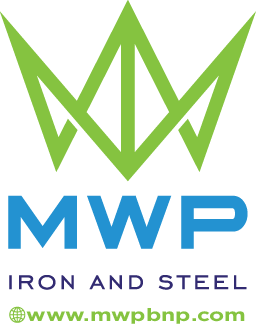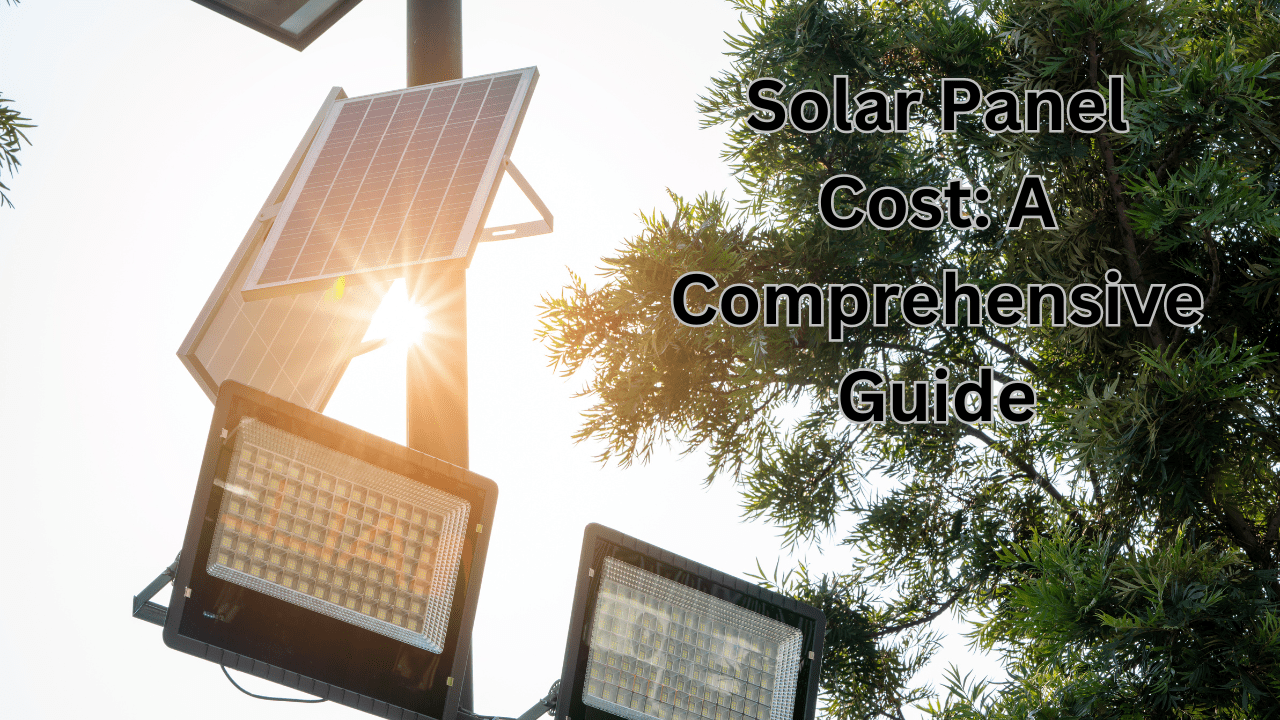As the world shifts towards renewable energy sources, solar panels have become an increasingly popular option for homeowners and businesses alike. However, one of the biggest concerns for those considering solar panels is the cost. In this article, we will delve into the world of solar panel costs, exploring the various factors that affect pricing, the average costs, and what you can expect to pay for a solar panel system.
Everything You Need to Know About Solar Panel Costs (2024)
Thinking about harnessing the power of the sun to reduce your electricity bills and environmental impact? Solar panels are a fantastic option, but navigating the initial cost can feel overwhelming. This comprehensive guide will break down everything you need to know about solar panel costs in 2024, empowering you to make informed decisions for your home.
You May Also Like: Solar Panel Structure
Key Factors Influencing Solar Panel Costs
The total cost of your solar panel system depends on several factors:
- System Size: The number of solar panels you need directly impacts the price. Larger systems generate more power but come with a higher upfront cost.
- Panel Efficiency: Higher efficiency panels convert more sunlight into electricity, requiring fewer panels for your desired output. While these panels are pricier per unit, they can save space and potentially installation costs.
- Brand and Quality: Solar panel brands vary in quality and price. Reputable brands with proven durability may cost more initially but offer better long-term value.
- Equipment Costs: Besides panels, a solar system requires inverters, mounting equipment, and wiring. These costs can vary depending on system size and complexity.
- Installation Labor: Installation expertise and local labor rates affect the final price.
- Permits and Inspections: Securing permits and inspections can incur additional fees.
- Financing Options: Financing a solar system can spread the cost over time. Interest rates and financing terms will influence the overall cost.
- Location: Local regulations, incentives, and shade analysis can impact the system design and ultimately, the cost.
Understanding Solar Panel System Size
The size of your solar panel system is measured in kilowatts (kW). It determines how much electricity your system can generate and directly affects the cost. Here’s a general guideline to estimate your needs:
| Average Household Electricity Consumption (kWh/month) | Recommended System Size (kW) |
|---|---|
| Less than 500 | 3-5 kW |
| 500-1,000 | 5-7 kW |
| 1,000-1,500 | 7-10 kW |
| More than 1,500 | 10 kW+ |
drive_spreadsheetExport to Sheets
Note: This is a starting point. A home energy audit by a qualified professional can provide a more accurate system size recommendation based on your specific electricity usage and solar energy potential.
Solar Panel Costs Breakdown (Estimated)
Here’s a breakdown of estimated costs associated with a typical 6 kW solar panel system in the United States (as of April 2024):
| Component | Cost Range (USD) |
|---|---|
| Solar Panels | $3,600 – $7,200 |
| Inverter | $1,000 – $2,000 |
| Mounting Equipment | $500 – $1,000 |
| Wiring and Other Materials | $500 – $1,000 |
| Installation Labor | $2,000 – $4,000 |
| Permits and Inspections | $100 – $500 |
| Total Estimated Cost | $7,700 – $15,700 |
Remember: This is an estimate, and actual costs can vary depending on the factors mentioned earlier.
Additional Cost Considerations
- Roofing Considerations: If your roof needs repairs or modifications before installation, factor in those additional costs.
- Battery Storage: Adding battery storage allows you to store excess solar energy for nighttime or cloudy days. However, batteries significantly increase the overall system cost.
Financing Your Solar Panel System
Financing your solar panel system allows you to spread the cost over time, making it more accessible. Here are some popular options:
- Solar Loans: These loans are specifically designed for solar panel systems and offer competitive interest rates.
- Home Equity Loans/Lines of Credit: You can leverage your home equity to finance the system, potentially with lower interest rates than solar loans.
- Property Assessed Clean Energy (PACE) Financing: This option allows you to finance the system through your property taxes, but it’s not available in all locations.
Saving Money on Solar Panels
Several strategies can help reduce your solar panel system’s upfront cost:
- Get Multiple Quotes: Compare quotes from several qualified solar installers to ensure you’re getting the best price.
- Take Advantage of Tax Incentives: The federal solar Investment Tax Credit (ITC) currently offers a 26% tax credit on solar panel system costs (subject to change). Additionally, many states and local governments offer rebates and incentives.
- Consider Smaller System Size: advises assessing the feasibility and benefits of reducing the scale of a system. It suggests exploring smaller, more manageable configurations to potentially improve efficiency, cost-effectiveness, and ease of maintenance.
Benefits of Going Solar: Weighing the Investment
While the initial cost of solar panels is a significant investment, the long-term benefits are substantial:
- Reduced Electricity Bills: Solar panels significantly reduce your reliance on the grid, leading to lower electricity bills.
- Increased Home Value: Homes with solar panels often sell faster and at a higher price.
- Energy Independence: Generate your own clean electricity and hedge against rising energy costs.
- Environmental Impact: Reduce your carbon footprint and contribute to a sustainable future.
- Government Incentives: Federal and state tax credits and incentives can significantly offset the upfront cost.
Finding a Reputable Solar Installer
Choosing a qualified and experienced solar installer is crucial for a successful solar experience. Here are some tips:
- Get Referrals: Ask friends, neighbors, or your local utility company for recommendations.
- Check Online Reviews: Research potential installers and read online reviews from past customers.
- Look for Certifications: Ensure the installer is certified by the North American Board of Certified Energy Professionals (NABCEP) and carries necessary licenses and insurance.
- Compare Proposals: Get detailed proposals from multiple installers, outlining system size, equipment details, warranties, and total costs.
- Ask Questions: Don’t hesitate to ask questions about the installation process, warranties, expected energy production, and financing options.
Maintaining Your Solar Panel System
Solar panels require minimal maintenance. However, regular cleaning (usually once or twice a year) can optimize their performance. Most professional installers offer maintenance plans for a fee.
Conclusion
Solar panels are a significant investment, but the long-term benefits outweigh the initial cost. By understanding the factors influencing costs, exploring financing options, and choosing a reputable installer, you can make an informed decision about harnessing solar power for your home.

